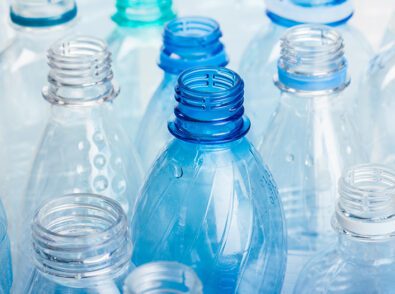
Tampa is the third-largest city in Florida. It’s a major business center, and as part of the Tampa Bay Area, it also offers respite to thousands of tourists every year. Tampa Bay has wonderful nature and wildlife areas and is also home to Florida’s official marine mammal—the graceful manatee. Like many other cities, Tampa suffers […]
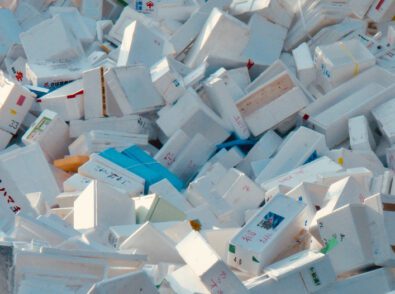

If you’re a restaurant owner still using polystyrene containers for takeout packaging, you likely already know it’s not sustainable. Polystyrene has long been known as one of the most environmentally harmful materials out there—and yet some still use it because it’s also the cheapest.
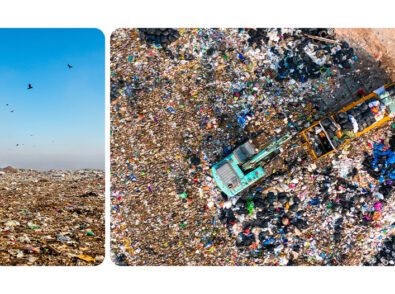
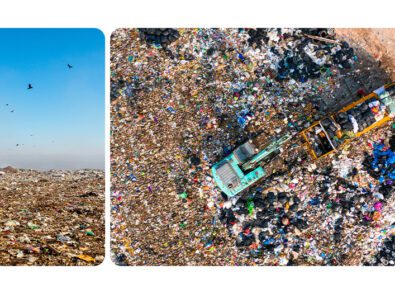
As society becomes increasingly aware of the impact of human activities on our environment, we must make conscious and informed decisions about our consumption patterns. With this in mind, examining what we already consume can help guide future behavior.


Agave straws are made from agave fibers and are eco-friendly alternatives to plastic straws. They are one of the many types of sustainable straws designed to help reduce single-use plastic waste. Compared to other sustainable straws, agave fiber straws are known for their sturdy and natural composition and aesthetically pleasing look that can enhance beverage […]
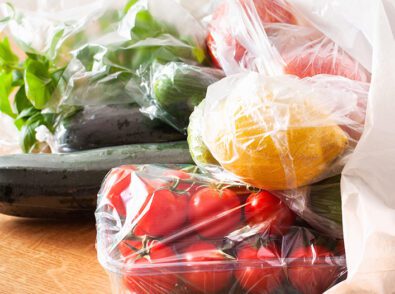
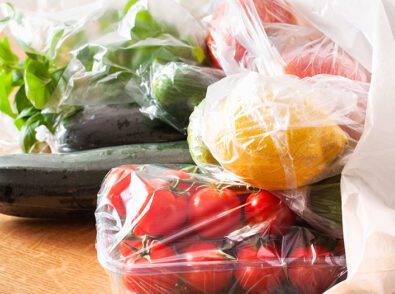
New York is the fourth most populous state in the United States and home to the most densely populated city in the country. The state borders the Great Lakes and the Atlantic Ocean and is home to beautiful and diverse wilderness. State leaders are taking pains to keep plastic from this populous state out of […]
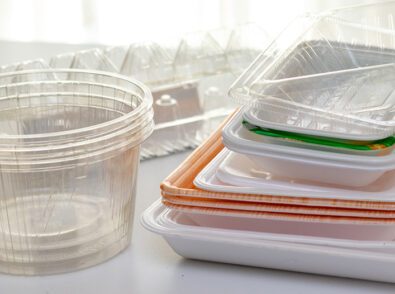
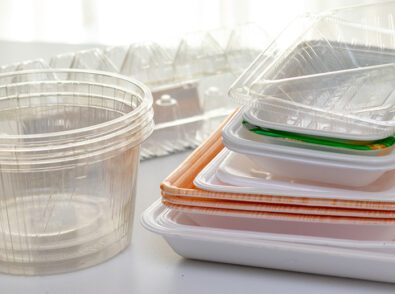
New York City has been taking measures to prevent large volumes of plastic from ending up in landfills, incinerators, the Hudson River, and the NYC waterfront. Lawmakers first went after Styrofoam, and in 2020, the Big Apple implemented the New York City plastic bag ban, which has successfully reduced the use of plastic retail bags. […]
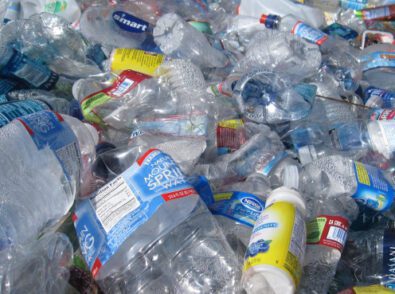

As the home of the University of Florida, Gainesville is a city full of history and natural beauty. It’s vital to keep cities like Gainesville and their vast green areas free from plastic pollution so their human and animal populations can live in long-term harmony. Learn about some plastic regulations currently in place in the […]
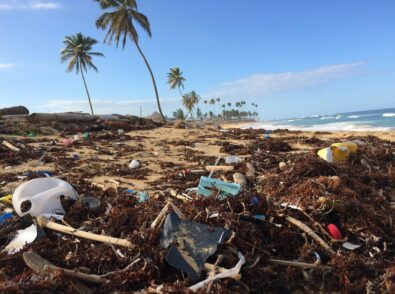
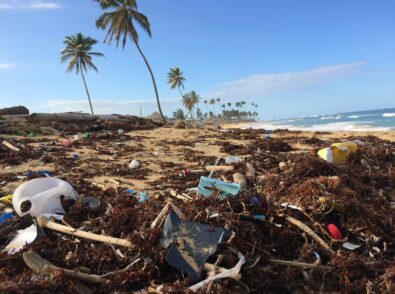
Plastic bags may be inexpensive to produce and convenient to use, but they are a major source of pollution. When plastic finds its way to land and waterways, it does not properly decompose. Over long periods, it breaks down into microplastics, releases toxic chemicals, and endangers wildlife. Consequences persist even when plastic bags are thrown […]
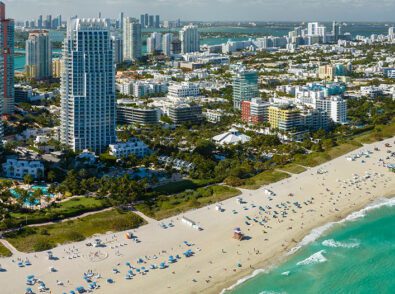
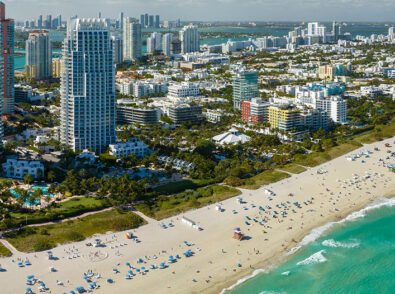
Miami Beach introduced a citywide single-use plastic ban in 2019 to curb rampant plastic pollution, which has been compromising the environment and the health of people and animals in its vicinity for years. The city requires foodservice providers and hotels, amongst others, to look for sustainable alternatives to ensure the continued environmental health and productivity […]
